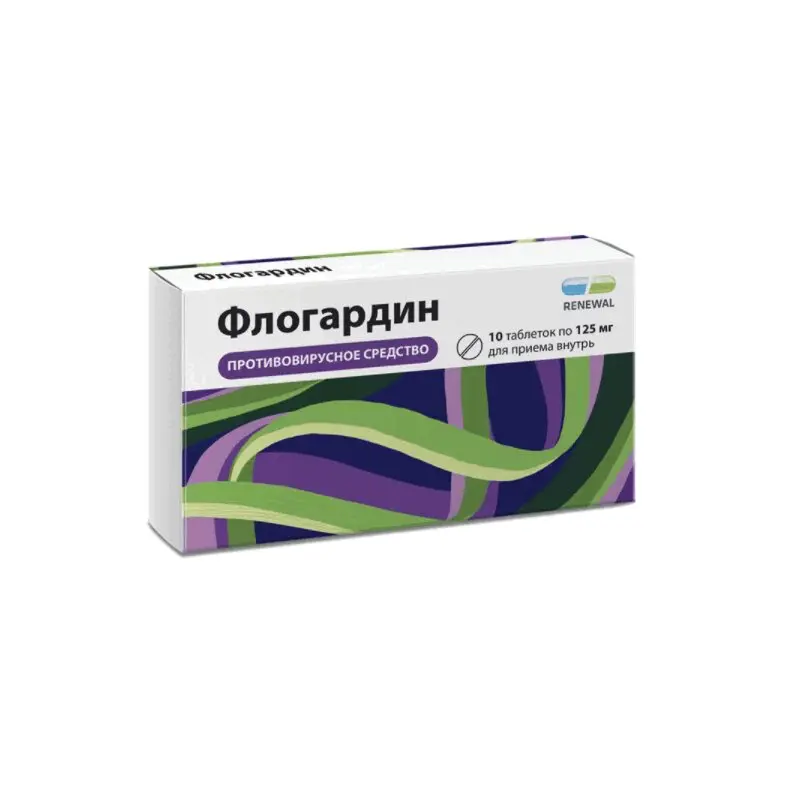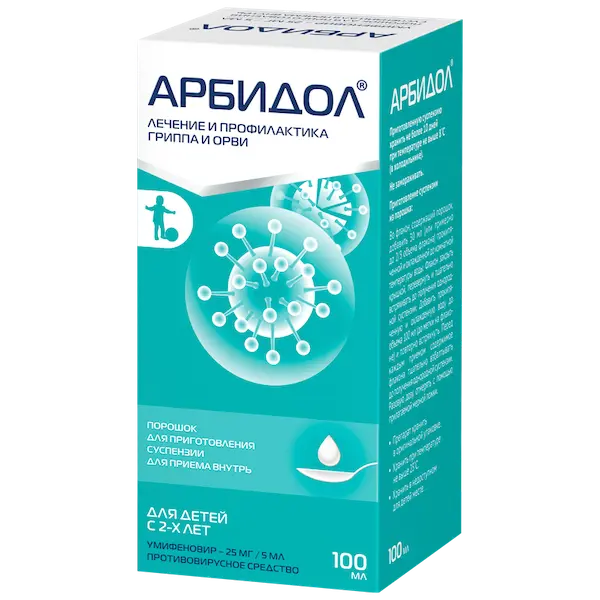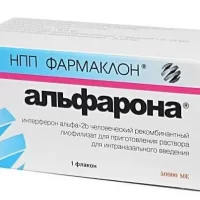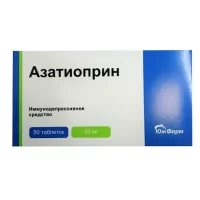Description
Tilorone (Flogardin) Pharmacodynamics
Low-molecular synthetic inducer of interferon, stimulating the formation of all types of interferon in the body (alpha, beta, gamma and lambda). The main producers of interferon in response to tiloron administration are intestinal epithelial cells, hepatocytes, T-lymphocytes, neutrophils and granulocytes.
After oral administration the maximum production of interferon is determined in the sequence intestine – liver – blood in 4-24 hours. Tilorone (Flogardin) has immunomodulatory and antiviral effects.
According to experimental data, after a single oral administration of Tilorone (Flogardin) at a dose equivalent to the maximum daily dose for humans, the maximum concentration in the lung tissue of interferon lambda is determined after 24 hours, interferon alpha – after 48 hours.
Induction of interferon lambda in the lung tissue enhances antiviral protection of the respiratory tract during influenza and other respiratory viral infections. In human leukocytes, tiloron induces interferon synthesis. It stimulates bone marrow stem cells, and, depending on the dose, enhances antibody production, reduces the degree of immunosuppression, restores the ratio of T-suppressors to T-helpers.
Effective against various viral infections, including influenza viruses, other acute respiratory viral infections, hepatitis viruses and herpesviruses. The mechanism of antiviral action is associated with inhibition of translation of virus-specific proteins in infected cells, resulting in suppression of virus reproduction.
Indications
As part of the complex therapy in adults:
– Treatment of influenza and other acute respiratory infections;
– Treatment of herpetic infections.
Prevention of influenza and other acute respiratory viral infections in adults.
Contraindications .
- Hypersensitivity to Tilorone (Flogardin) or other components of the drug; pregnancy and lactation; children under 18 years of age.
- Usage during pregnancy and breastfeeding
- The use of Tilorone (Flogardin) during pregnancy is contraindicated. If it is necessary to prescribe the drug during lactation, breastfeeding should be discontinued.
Dosage and administration
- Oral administration, after a meal.
- For adults:
- For treatment of influenza and other acute respiratory infections – 125 mg per day for the first 2 days of treatment, then 125 mg every 48 hours. For a course of 750 mg (6 tablets).
- For the prevention of flu and other acute respiratory viral infections – 125 mg once a week for 6 weeks. For the course – 750 mg (6 tablets).
- For the treatment of herpetic infection – the first two days with 125 mg, then after 48 hours with 125 mg. The course dose is 1.25-2.5 g (10-20 tablets).
- When treating influenza and other acute respiratory infections, if symptoms persist for more than 4 days, consult a physician.
- Use the drug only according to those indications, that method of administration and in those doses specified in the instructions.





